Help for first-home buyers 'not a game-changer' for apartment market, experts say
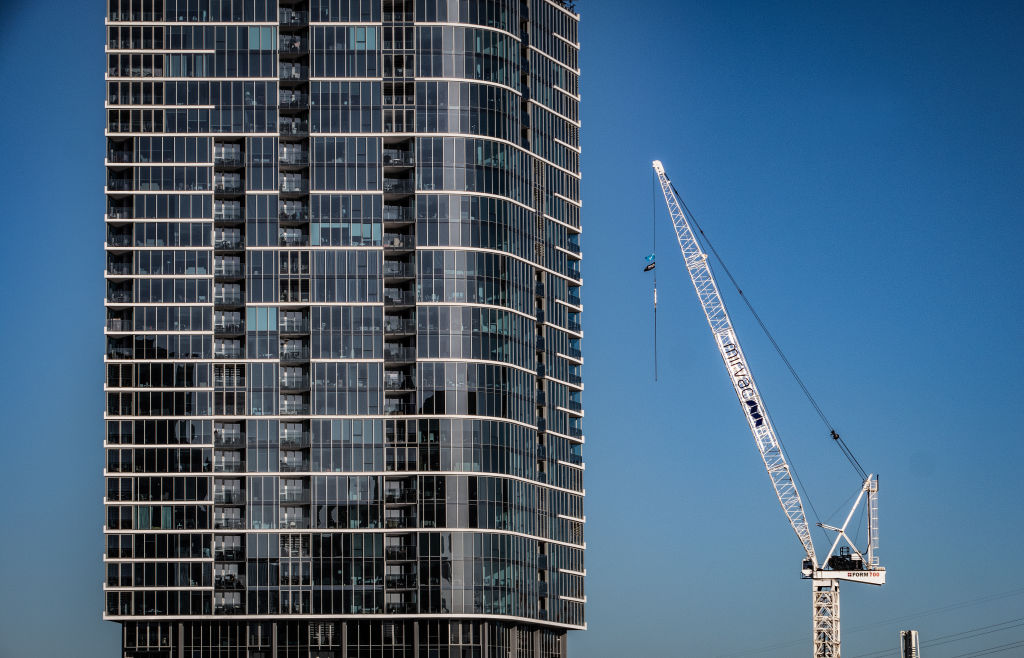
The federal government’s extended plan to help first-home buyers onto the property ladder through newly built homes will not be enough to jump start Australia’s weakening apartment markets, experts have warned.
An extra 10,000 first-home buyers will be able to access the government’s First Home Loan Deposit Scheme with increased price caps on the condition they buy newly built homes, including apartments.
The scheme enables first-home buyers to get into the market with a deposit as low as 5 per cent while avoiding lenders’ mortgage insurance, with the federal government acting as guarantor on the loans.
The new inclusion of apartments in the scheme will give first-home buyers more options when buying, particularly if they want to stay closer to the capital cities.
| Extended First Home Loan Deposit Scheme price caps | ||
| State/Territory | Capital city/regional centre | Rest of state |
| NSW | $950,000 | $600,000 |
| VIC | $850,000 | $550,000 |
| QLD | $650,000 | $500,000 |
| WA | $550,000 | $400,000 |
| SA | $550,000 | $400,000 |
| TAS | $550,000 | $400,000 |
| ACT | $600,000 | N/A |
| NT | $550,000 | N/A |
Source: Housing Minister and Assistant Treasurer
But Colliers managing director for residential Peter Chittenden said while every stimulus package helped, it was not what the industry actually needed.
“It’s not a game-changer, it’s a contribution. It’s helpful but it’s not going to create as many jobs as the stamp duty [reform].”
Reforming state-based land taxes was a better economic stimulus than further increasing the federal government’s scheme, Mr Chittenden said.
“What will help the apartment market … is a state-based move that will be a reform of the archaic stamp duty laws,” he said. “That is key to resurrecting the construction industry and that’s where the states need to contribute in their way. It’s the silver bullet.”
 Federal Budget 2020: New home builds in focus with government boost for first-home buyers
Federal Budget 2020: New home builds in focus with government boost for first-home buyers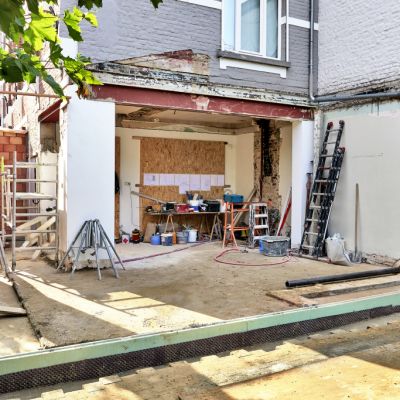 HomeBuilder scheme: construction industry warns of ‘bust’ if program isn’t extended
HomeBuilder scheme: construction industry warns of ‘bust’ if program isn’t extended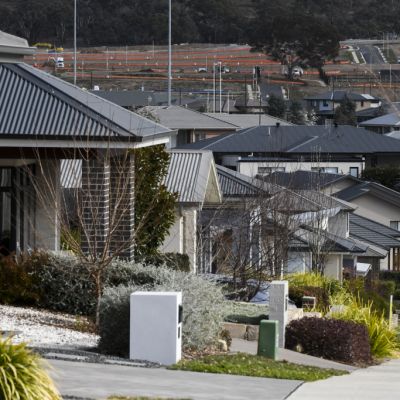 Social housing construction boom should be key budget policy, experts say
Social housing construction boom should be key budget policy, experts say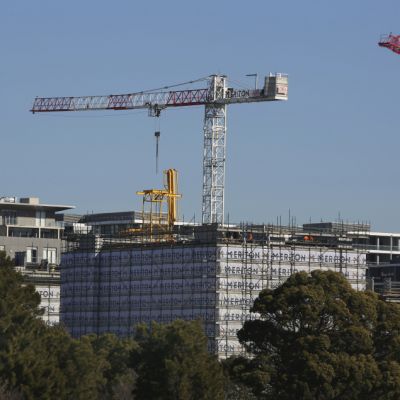 Sydney apartment prices forecast to drop into 2021 as demand falls, experts warn
Sydney apartment prices forecast to drop into 2021 as demand falls, experts warn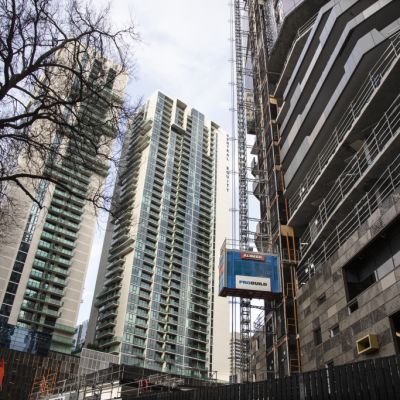 How has Melbourne’s apartment market fared during COVID-19 crisis?
How has Melbourne’s apartment market fared during COVID-19 crisis?
While an extension of the scheme was a good opportunity for first-home buyers, the program missed the mark in aiding an apartment recovery because first-home buyers made up a small segment of the market historically and were slower to move, Mr Chittenden said.
The apartment market in the capital cities, including Sydney and Melbourne, are expected to take a hit for years to come as the pandemic-induced recession sees demand drop dramatically.
Max Shifman, national vice-president of the national development association group Urban Development Institute of Australia, said an extension and expansion of HomeBuilder was what was needed to help the apartment market.
The HomeBuilder program is due to end on December 31 and has a series of price and income thresholds to meet the requirements, precluding many city applicants from accessing the $25,000 grant.
An extension of the timeframe and widening of the criteria would help stimulate local demand across the states and territories for apartments at a time when international demand had reduced dramatically, Mr Shifman said.
“We would certainly like HomeBuilder to be expanded to apartments and townhouses so it can apply to a larger range of people,” he said. “At the moment you’ve got caps on the values that you can apply for and there are also caps on income ranges, which limits the application.”
Mr Shifman said the residential construction sector could minimise the economic downturn and enhance the recovery after builders last week warned of a “construction bust” if the scheme was not extended into next year.
Lachlan Walker, director of Brisbane-based residential marketing business Place Projects and Place Advisory, said the house and land market had fared better than apartments under HomeBuilder.
“Those 10,000 spots are going to disappear pretty quick,” Mr Walker said, adding that once it ran out, first-home buyers would sit on the fence to assess their situation.
He said an extension of HomeBuilder to the apartment market would have been “awesome” as the number of newly built apartments was forecast to decline in coming years.
“Supply is on its way down because people are not developing new products, there’s not a lot of it out there.”
Property Council of Australia chief executive Ken Morrison has also welcomed the extension of the First Home Loan Deposit scheme, describing it as a “double dividend” that would help first-home buyers enter the market and boost construction activity and jobs that the economy needs.
“This is particularly welcome news for apartment construction which has been hit especially hard by the impacts of the pandemic.
“Apartment approvals fell 11 per cent in August and 18 per cent for the year, so anything that supports jobs and activity in this sector is very welcome.”
He called on the federal government to extend this to the HomeBuilder scheme.
“It is very pleasing that the government has solved this challenge for off-the-plan apartment purchases and we encourage them to apply this solution to the highly successful HomeBuilder scheme.”
We recommend
We thought you might like
States
Capital Cities
Capital Cities - Rentals
Popular Areas
Allhomes
More







